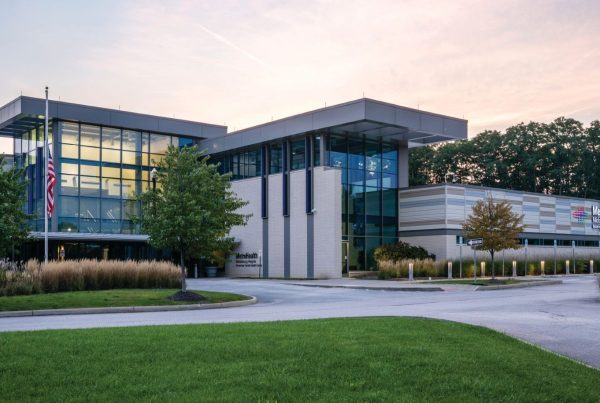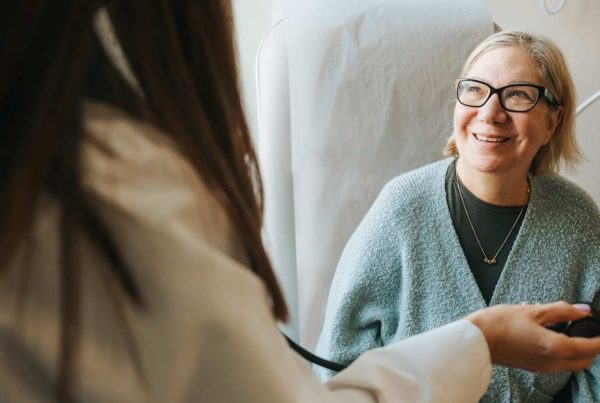The LGBTQ+ community faces unique challenges that can impact mental and physical well-being. Researchers often cite the idea of ‘minority stress,’ which is the impact of living one’s life as an LGBTQ+ community member in the context of a society that doesn’t welcome these individuals to be themselves.
We recognize the importance of this issue and have taken significant steps to support and improve the health of LGBTQ+ individuals.
Understanding LGBTQ+ Minority Stress
LGBTQ+ people experience minority stress both directly (bias in hiring, housing and public accommodations like being able to use the correct bathroom) and indirectly resulting from conversations about LGBTQ+ identity as a controversial issue rather than a variant of human existence throughout history.
Transgender and gender-expansive people endure unacceptable amounts of criminalization, harassment, discrimination, violence and rejection related to gender identity and/or expression, which is widely described here by the American Psychological Association. This chronic stress can impact mental health, but research also suggests minority stress leads to direct inflammatory changes that directly worsen physical health and well-being.
MetroHealth’s Initiatives
We understand minority stress is a structural issue that drives disparities, and that the ultimate intervention to eliminate minority stress is building a world where everyone deserves to live – one that is safe, interconnected and full of opportunities. Here are some steps we are taking:
- Our Pride Network, founded in 2007, offers an affirming environment where patients can access culturally responsive care from providers who are LGBTQ+ community members and allies.
- Cultural Competency Training: We ensure all staff members are equipped to provide LGBTQ+-inclusive care by offering cultural competency training programs to educate providers and staff about the unique health care needs and concerns of LGBTQ+ individuals. If anyone experiences anything besides inclusive, affirming, and welcoming care, we encourage that person to reach out to our Department of Patient Relations for assistance.
- Mental Health Services: Our integrated behavioral health team includes dedicated psychologists, social workers and nurse practitioners who are LGBTQ+ community members and allies. These individuals provide comprehensive care and can connect patients to resources such as mental health services, support groups, treatment for substance use, support for those living with HIV and treatment of post-traumatic stress disorder and trauma-related stress.
- Community Outreach and Education: We are an enthusiastic supporter and collaborator with various outreach programs and educational initiatives. For example, we conduct community-led research via the Center for Health Equity, Engagement, Education and Research (CHEEER). We also train and educate the next generation of health care providers across to raise awareness about LGBTQ+ health issues.
- Transgender Health Care Services: We believe that gender-affirming care is primary care. In our primary care clinics, we can provide gender-affirming hormonal therapy. Our team can also help address basic needs like access to safe housing and healthy food as well as connect patients with surgical, speech and other interventions.
“Every single LGBTQ+ person and especially those that call themselves our allies must decide what we are willing to do to build a world where everyone can be their full selves. Minority stress is a structural problem, and so genuinely eliminating it means dismantling the structures that create this stress and building a whole different world. I’m working on it, I think we’d all be happier if we did it together. Until then, we do our best to make health care for LGBTQ+ people as responsive, inclusive, patient-centered and evidence-based as we can – and to provide care to people in the way that feels best to them.” –Laura J. Mintz (they/she), MD, PhD, FAAP, AAHIVS, MetroHealth PRIDE physician and CHEEER Core Faculty.












